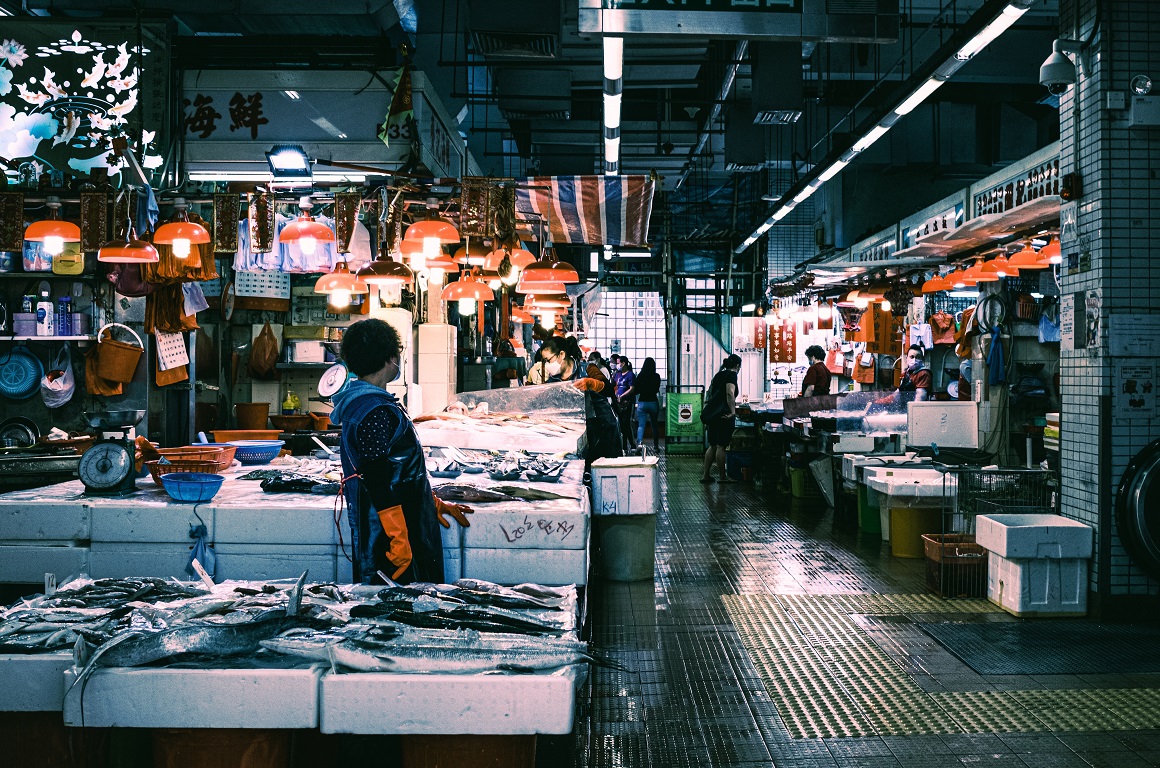Unsold seafood and salt hoarding: side effects in China of the campaign on Fukushima
The import halt on Japanese seafood decided by Beijing after the start of the plant's spillage into the ocean-accompanied by massive propaganda against Tokyo-is generating widespread alarm that is also curbing consumption of local products. Boycotts also on cosmetics and travel to Japan, while the Japanese embassy urges its citizens to be careful.
Beijing (AsiaNews) - The ban on the import of fish products from Japan imposed by China due to the release of radioactive treated water from the Fukushima plant is causing panic throughout the country. Fearing contamination, people in supermarkets hoard salt, and sales of seafood from China's coastal areas have also been affected.
Analysts believe the Chinese ban is more of a political gesture, given that China is the main export market for Japanese seafood. Just last week, Beijing had criticized the agreement between the United States, Japan and South Korea aimed at strengthening military and economic ties and the Fukushima waters affair is now being exploited by Chinese propaganda.
The economic boycott is spreading to other sectors. Many Chinese web users are calling for a boycott of Japanese cosmetics as well. According to reports from Japan, a Japanese school in Shandong was hit by stones and another Japanese school in Jiangsu was hit by eggs.
Many travel agencies have told the media that they have suspended the marketing of tours to Japan and tourists have canceled their travel plans.
Official Chinese media claim that water polluted with radioactive material can cause genetic damage and even cancer, without specifying, however, that the entire water discharge process is monitored by the International Atomic Energy Agency and that tests on the water samples they showed levels of radioactivity within the safe limit.
Japan has also accused Beijing of hypocrisy, as levels of radioactivity from water released from nuclear power plants in China are even higher than those of Japan's Fukushima.
Meanwhile, many people have rushed to supermarkets to buy salt for fear of radioactive water, causing the price to soar. State-owned China National Salt Industry Corporation said it would secure supplies, adding that most of it is extracted from mines and lakes, while only 1% comes from the sea.
The authorities have advised the population not to stockpile salt and have promised to regulate the market and to repress unfair behavior such as raising the price. Already in 2011, after the tsunami that hit the Fukushima nuclear power plant in 2011, many people hoarded salt in many cities in China.
But the hostile reactions are now involving the Chinese fishing industry itself. Videos circulated online show fishermen shouting at negative and hostile comments urging people to boycott so-called contaminated seafood.
Many restaurants stopped using Japanese seafood and replaced it with Chinese or European seafood after the ban was announced by the authorities. Some Japanese restaurants said the ban had an impact on their businesses, as they did not have enough time to purchase ingredients elsewhere.
There are an estimated 73,000 Japanese restaurants in China. Japanese restaurants in Shanghai have reportedly received calls about canceling reservations, as well as harassing calls.
Voices that debunk the alarm are silenced by censorship. A nuclear energy expert who had published a scientific analysis on the Chinese social network Weibo in which he explained that the water discharged from Fukushima was not risky, had his account removed.
NetEase News published a satirical post, suggesting people "lie down" at home to deal with this crisis, alluding to Chinese youth's protest mode: this post was also removed.
Meanwhile, anti-Japanese sentiment simmers in the Chinese cyber-sphere. The Japanese embassy in China has warned its citizens to avoid speaking Japanese loudly and to pay attention to the situation around the embassy if they have to visit.
07/02/2019 17:28







.png)










